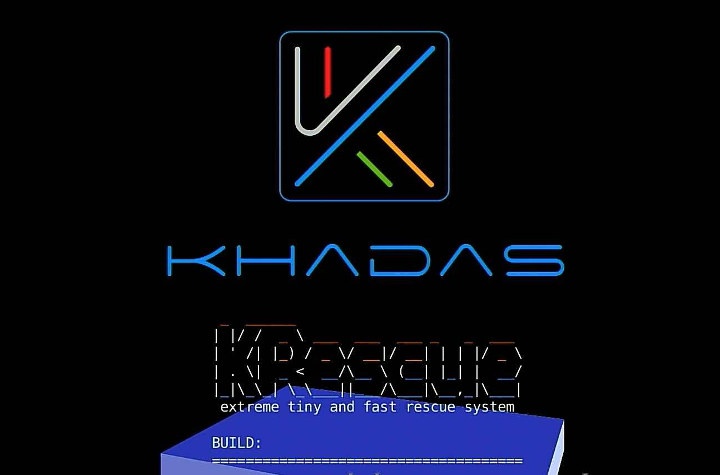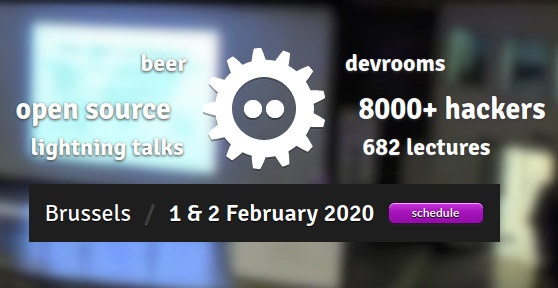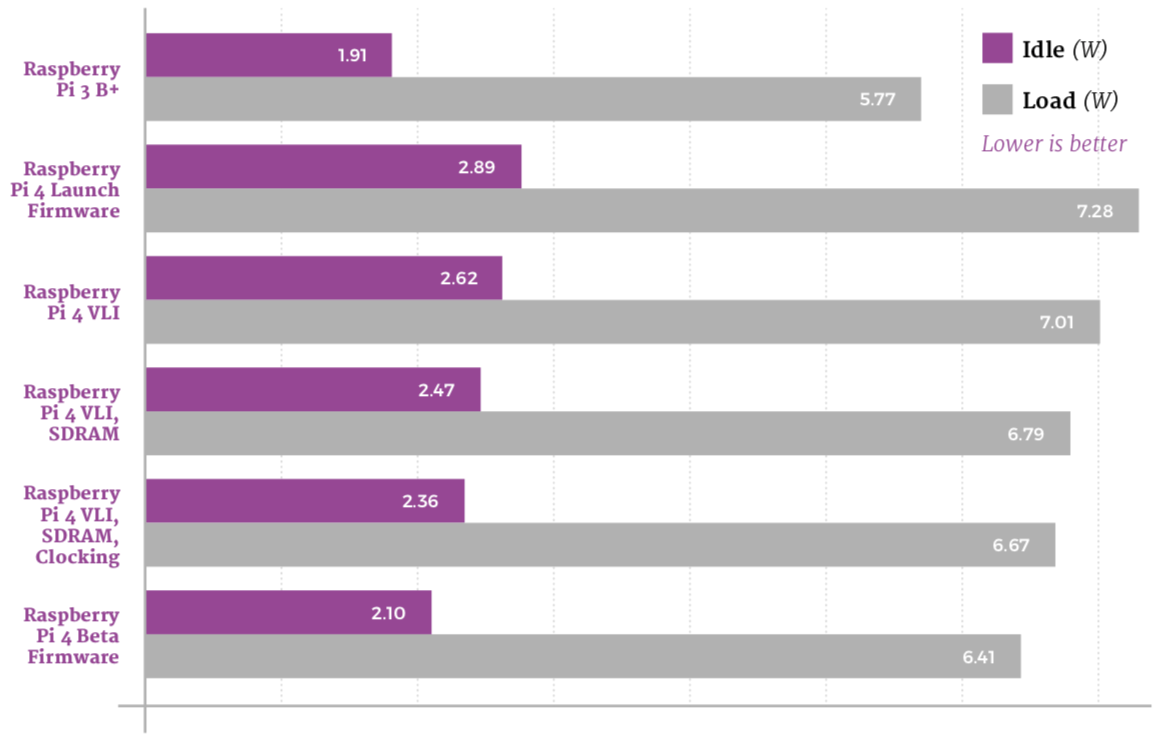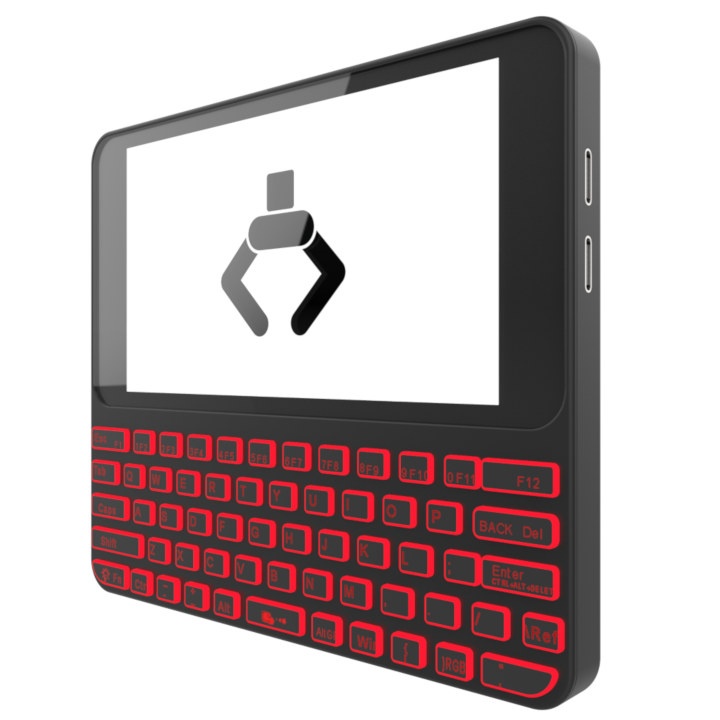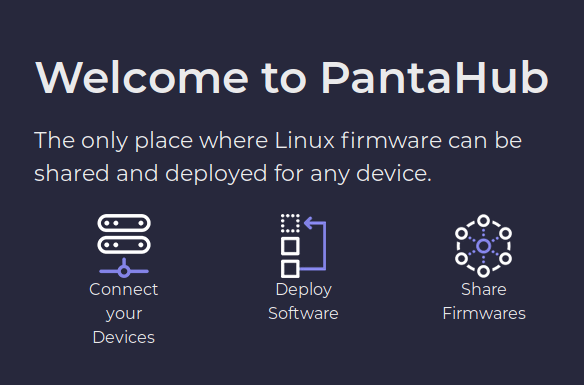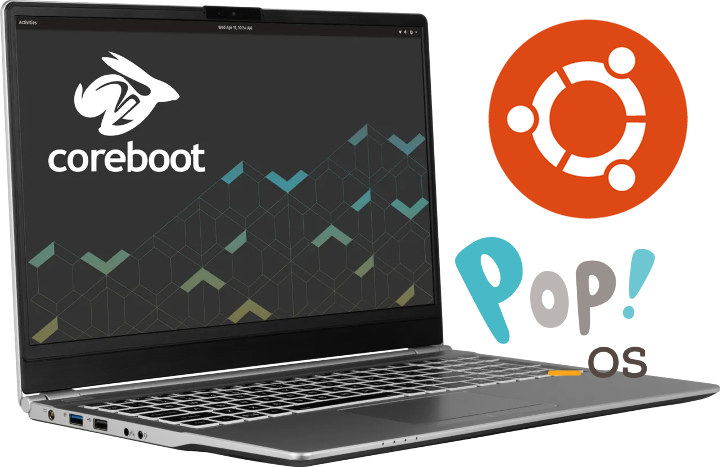Sometimes things go wrong, and you need a way to recover your system, either by restoring a backup or accessing your system to check it out and hopefully fix the issue. Krescue is a minimal firmware image (21MB compressed) for Khadas VIM boards designed to do just that, and more. Some of the highlights of Krescue firmware image include: Full eMMC flash dump/backup to Micro SD card, USB, or LAN host. Restore the compressed dump (.img.gz) into an eMMC on the same device or another device Rescue shell for expert users. Shell access via UART, USB network, and Web browser You’ll find Krescue for Khadas VIM1, VIM2, VIM3 and VIM3L on Khadas website which can be flashed to a MicroSD card using balenaEtcher. You can then insert the card into your board, and boot into maskROM mode to access the menu above, and control it with the IR remote control […]
Some Interesting Talks from FOSDEM 2020 Schedule
We wrote about IoT devroom call for proposals for FOSDEM 2020 a little while ago, and as the free open-source developer meetup is getting closer, FOSDEM 2020 organizers released the schedule. So I’ll look at some of the talks in the relevant devrooms such as the Internet of Things, hardware enablement, Embedded, Mobile and Automotive, as well as RISC-V and others to compose my own little virtual schedule for the 2-day event. Saturday, February 1 10:30 – 10:50 – How lowRISC made its Ibex RISC-V CPU core faster – Using open source tools to improve an open-source core – by Greg Chadwick Ibex implements RISC-V 32-bit I/E MC M-Mode, U-Mode, and PMP. It uses an in-order 2 stage pipe and is best suited for area and power-sensitive rather than high-performance applications. However, there is scope for meaningful performance gains without major impact to power or area. This talk describes work […]
Marlin 2.0 Open Source 3D Printer Firmware Finally Released
Back in June, we wrote about Marlin 2.0 firmware supporting ESP32 3D printer board, but at the time the firmware was still in RC1 (Release Candidate) phase. I was informed Marlin 2.0 firmware had been in beta for several years now, but the good news is that Marlin 2.0.0 open-source 3D printer firmware has now been officially released. Some of Marlin 2.0.0 new features include: 32-bit support with several boards including Arduino DUE (SAM3X8E), Adafruit Grand Central (SAM5D), Smoothie / SBASE / EZBoard based on NXP LPC176x, SKR Mini powered by STM32, as well as ESP32 boards Some improvements were made to some AVR boards including Melzi (ATmega 1280), RAMPS (ATmega 2560), and RAMBo / miniRAMBo / Einsy RAMBo boards PlatformIO build environments for supported boards VSCode “Auto Build Marlin” extension for one-click build Power-Loss Recovery for SD print jobs Magnetic Parking Extruder support Magnetic Switching Toolhead and Toolchanger support […]
Run Raspberry Pi 4 Cooler with a New Firmware & One Easy Trick
Raspberry Pi 4 launched last June with a lot of buzz as it offered much better performance, more memory, and faster I/Os compared to Raspberry Pi 3 model B+. Benchmarks confirmed the improved performance but also revealed a heatsink was necessary to ensure optimal performance under heavy loads. Some companies also launched an oversized heatsink+fan combo for the board, but it’s really over the top and absolutely not necessary unless possibly in higher room temperature (50°C?). The Raspberry Pi Foundation also worked on improving the video to lower CPU temperature and power consumption, and a few days later released a beta version of VLI firmware that dropped the temperature by 3 to 5°C. Good effort but sadly the updated VLI firmware (used for the PCIe to USB controller) also had the side-effect of much slower USB performance. A new VLI firmware was released in September offering both a lower temperature […]
Pocket Popcorn Computer Handheld Linux Computer Looks Like an Improved, Faster PocketCHIP (Crowdfunding)
PocketCHIP was a Linux handheld computer powered by Allwinner R8/GR8 Cortex-A8 based CHIP board. The battery-powered device came with a small resistive display, 512 MB RAM, 4GB NAND flash, and a keyboard allowing to run Debian with PICO8 GUI so you could play retro games, access the terminal and so on. But since Next Thing Co folded last year the products are not available anymore. Since the designs were open source, Source Parts first tried to resurrect the board via their slightly modified Popcorn Computer but the Kickstarter campaign was unsuccessful. The company is now attempting to bring back PocketCHIP (sort of) with Pocket Popcorn Computer (abbreviated as Pocket P.C.) with a new design, and a much more powerful quad-core Cortex-A53 processor and overall better specs. Pocket Popcorn Computer specifications: SoC – Allwinner A64 quad-core Arm Cortex-A53 CPU with Arm Mali-400MP2 GPU System Memory – 2GB DDR3 RAM Storage – […]
Pantahub Enables Seamless, Remote Linux Firmware Updates Over-the-Air
Let’s say you’re running Raspbian on your Raspberry Pi 4 board, but would like to check out the latest Ubuntu 19.10 for the board. What would you normally have to do? After downloading the firmware and turning off your Raspberry Pi 4, you’d normally need physical access to your Raspberry Pi 4 to remove the MicroSD card, insert it into your computer and start balenaEtcher or other utility to flash the image. Once it’s done remove the MicroSD card from your PC and insert it back into the Raspberry Pi SBC, before booting it up. That’s fine for experimentation, but time-consuming if you had to do this for multiple boards that may be placed in various locations. That’s where Pantacor’s PantaHub, PantaVisor, and PVR utility come in. Pantahub is a web dashboard used for registration, to monitor your devices, and documentation, Pantavisor is an Alpine Linux based device init system […]
System76 Introduces two Intel Comet Lake Linux Laptops with Coreboot Firmware
Intel officially launched Comet Lake processors last August with Y-series (4.5-5.5W TDP) and U-Series (15W TDP) targeting 2-in-1 hybrid laptops and tablets. Since several Windows 10 Comet Lake laptops launched such as OneMix 3Pro 8.4″ mini laptop with an Intel Core i5-10210Y Comet Lake-Y processor. If you’d rather get a Comet Lake laptop running Linux, System76 got you covered with two models, namely Galago Pro and Darter Pro laptops running a choice of Pop!_OS 19.10 (64-bit), Pop!_OS 18.04 LTS (64-bit), or Ubuntu 18.04 LTS (64-bit) operating systems, as well as System76 open firmware based on Coreboot, EDK2, and System76 firmware apps. Galago Pro & Darter Pro share many of the same specifications, except for the display, battery, and other items highlighted in bold: SoC (one of the other) Intel Core i5-10210U quad-core/eight-thread processor @ 1.6 GHz / 3.9 GHz (turbo all cores) / 4.2 GHz (turbo one core), 24EU Intel […]
Linaro Connect San Diego 2019 Schedule – IoT, AI, Optimizations, Compilers and More
Linaro has recently released the full schedule of Linaro Connect San Diego 2019 that will take place on September 23-27. Even if you can’t attend, it’s always interested to check out the schedule to find out what interesting work is done on Arm Linux, Zephyr OS, and so on. So I’ve created my own virtual schedule with some of the most relevant and interesting sessions of the five-day event. Monday, September 23 14:00 – 14:25 – SAN19-101 Thermal Governors: How to pick the right one by Keerthy Jagadeesh, Software Engineer, Texas Instruments With higher Gigahertz and multiple cores packed in a SoC the need for thermal management for Arm based SoCs gets more and more critical. Thermal governors that define the policy for thermal management play a pivotal role in ensuring thermal safety of the device. Choosing the right one ensures the device performs optimally with in the thermal budget. […]


